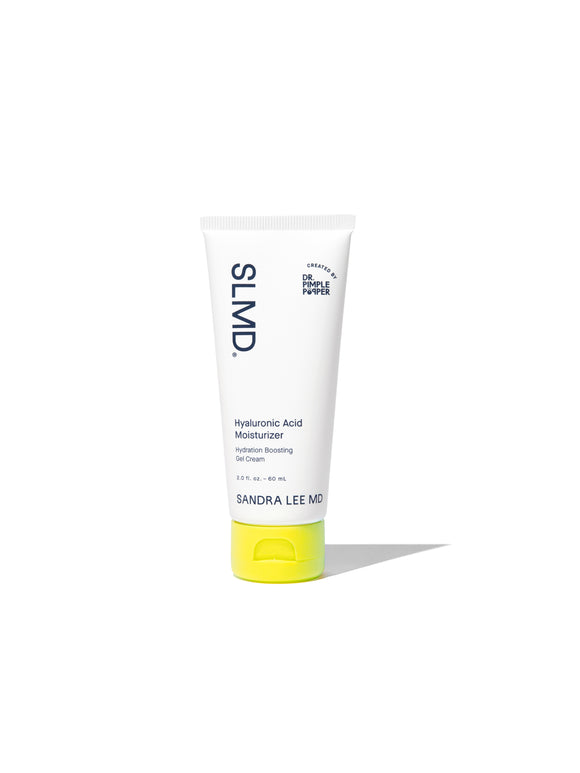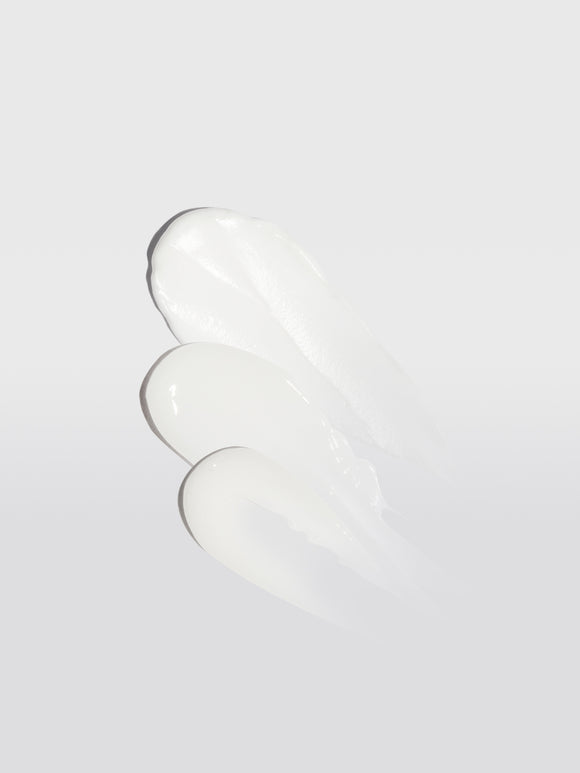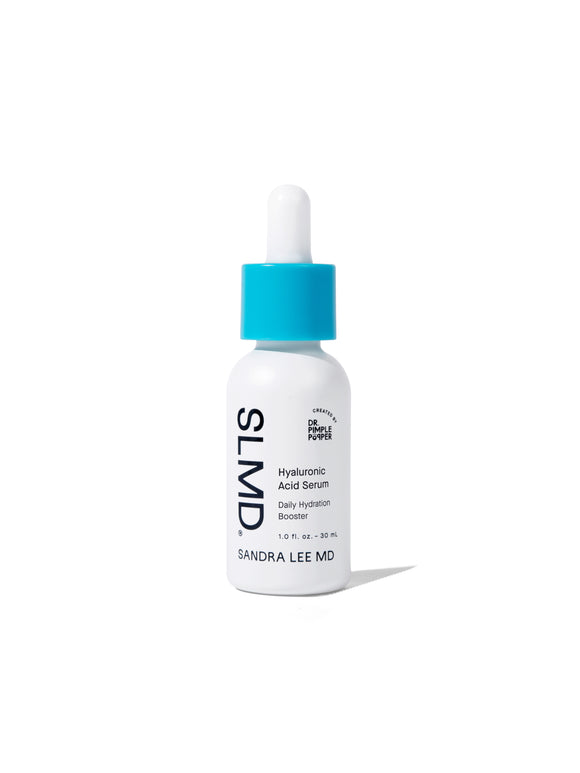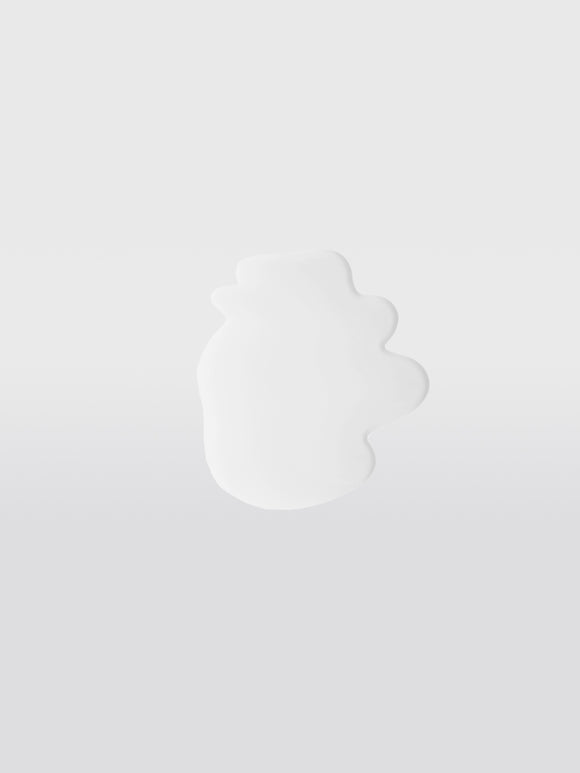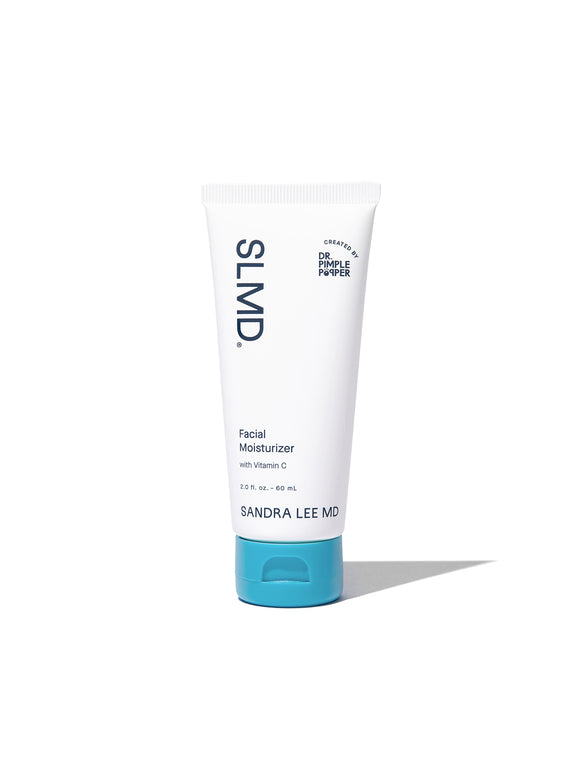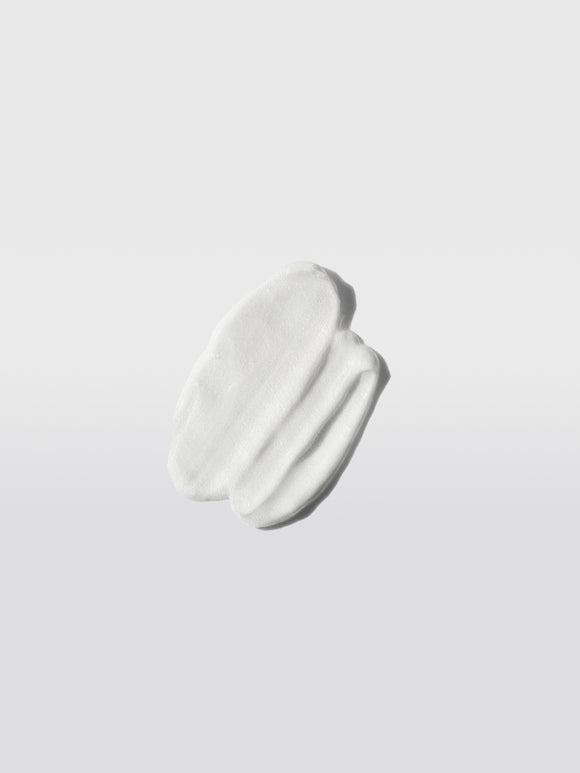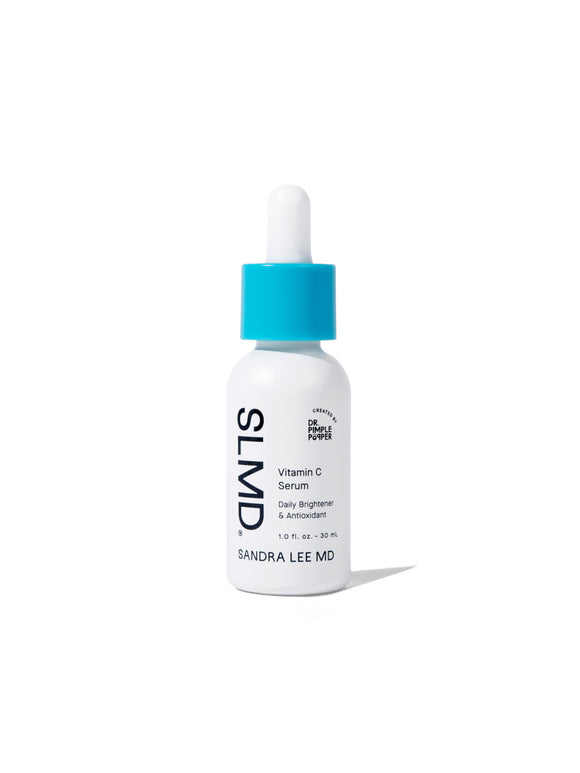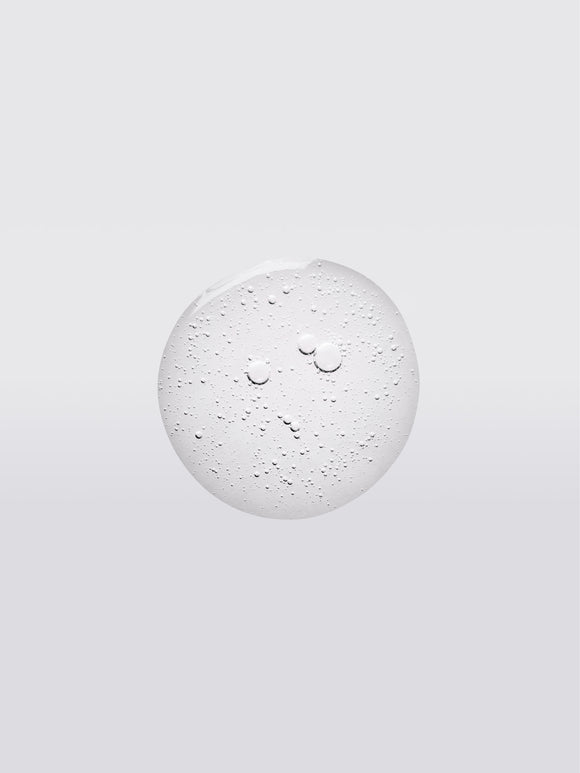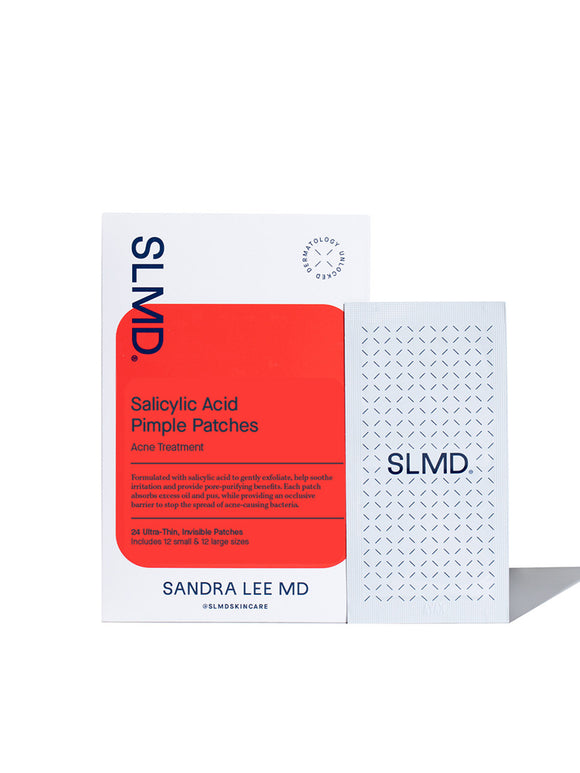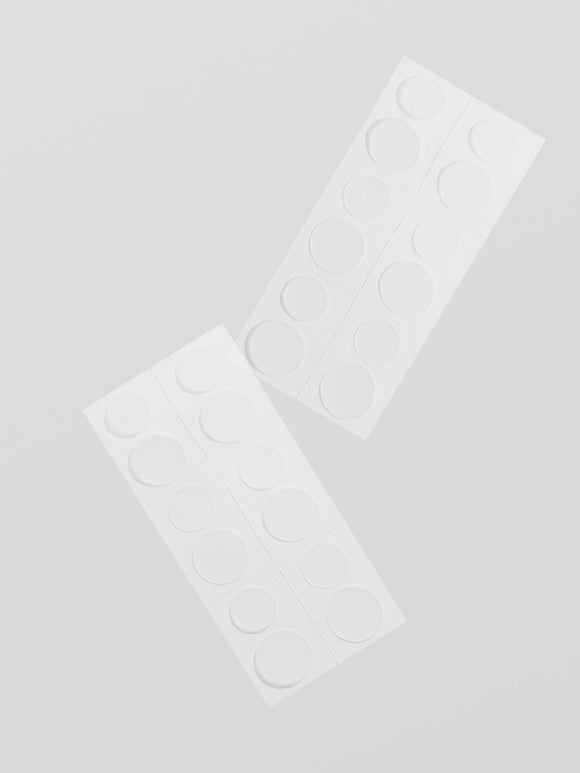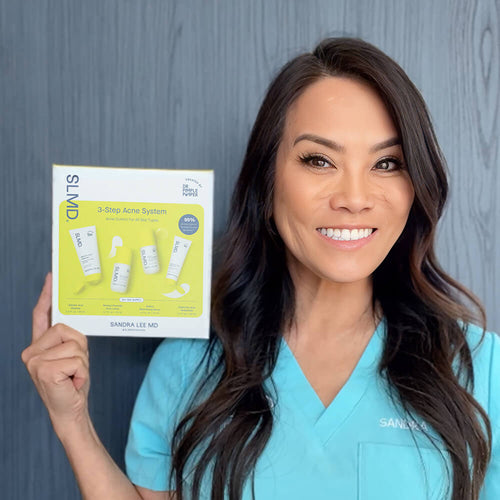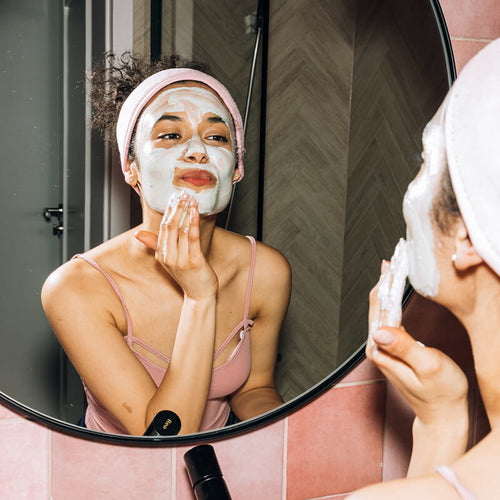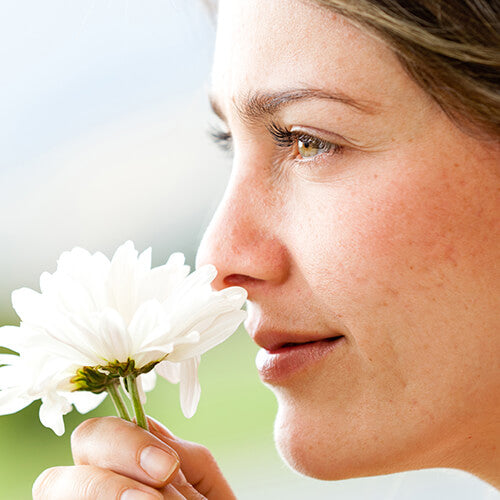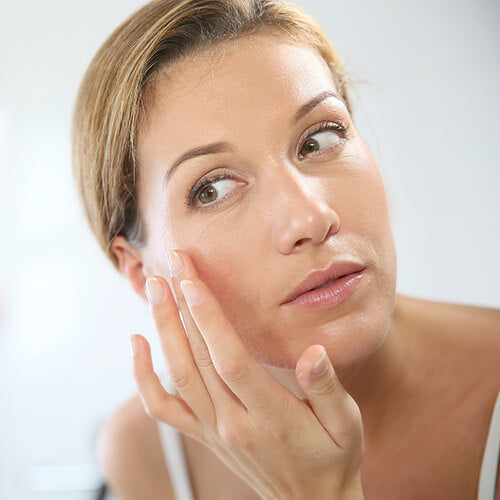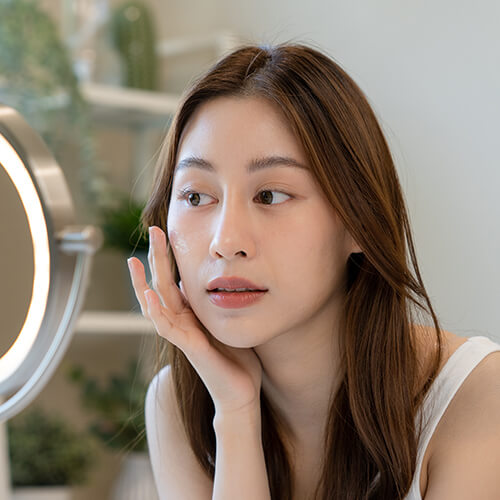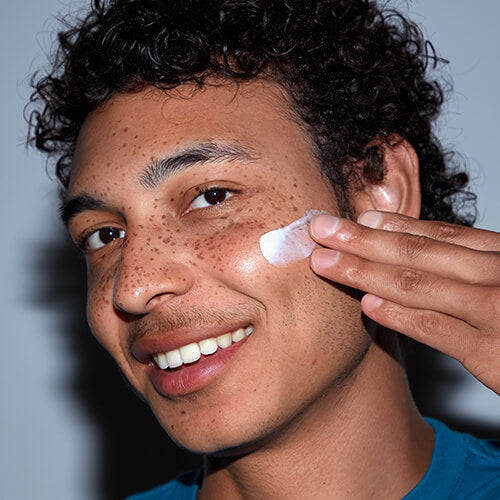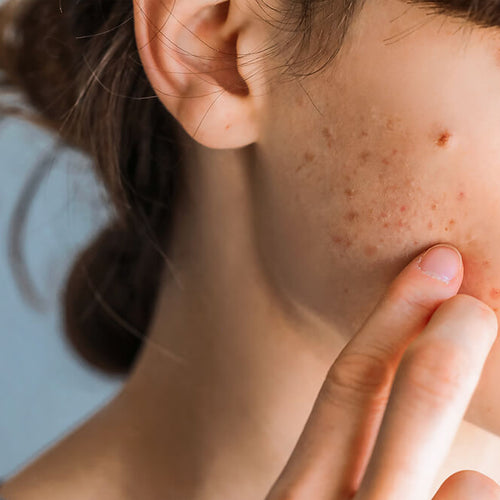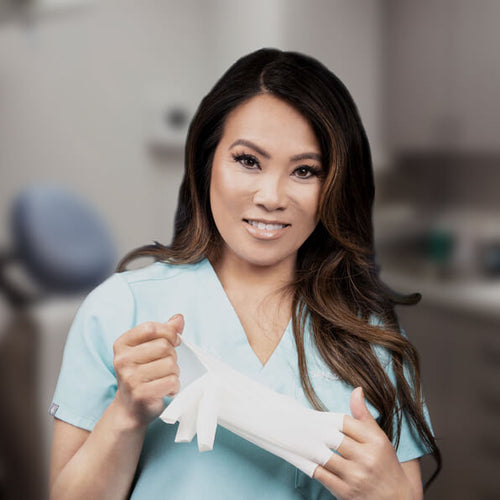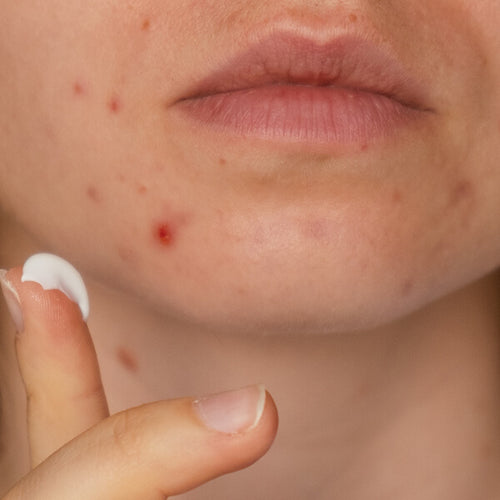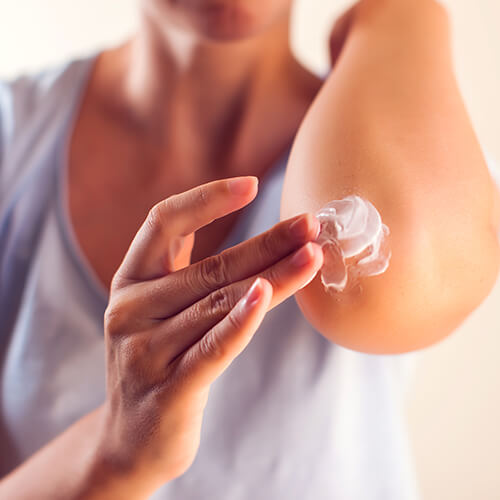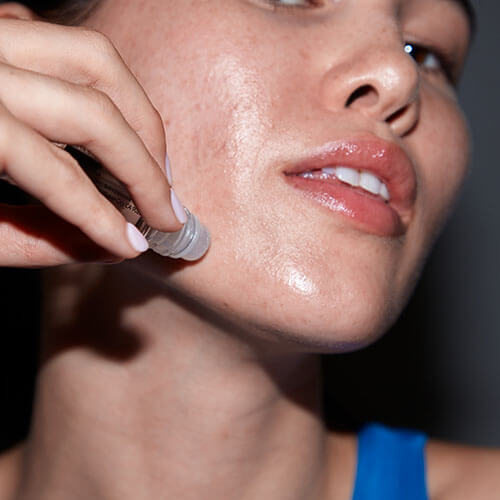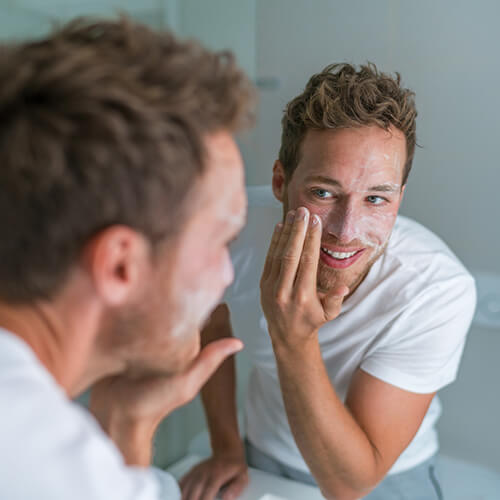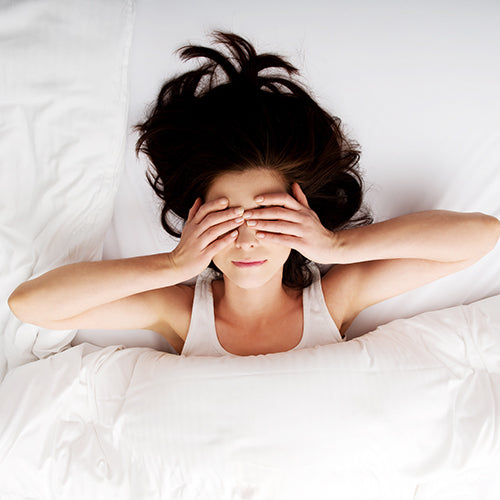
Skin Hangover: How Alcohol Affects Your Skin — And What to Do About It
Dr. Pimple Popper breaks down the signs of a skin hangover — and what to do before it hits.
Published:
4 minute read
Woke up with dull, puffy skin after a night out? You might be experiencing a skin hangover — the not-so-fun aftereffect of alcohol’s impact on your largest organ.
Whether you drank a little or a lot, alcohol can lead to dryness, redness, inflammation and breakouts. So is there a way to avoid — or at least undo — the damage? We asked dermatologist Sandra Lee, MD (aka Dr. Pimple Popper) to explain.
Article Quick Links
How alcohol affects your skin
The signs of a skin hangover are easy to spot — but the real effects happen below the surface. According to Dr. Lee, alcohol impacts your skin through multiple mechanisms, and even small amounts can trigger visible changes.
Dehydration
“Alcohol is a diuretic,” says Dr. Lee, “so it makes your body lose water faster than normal.” The result? Skin that feels tight, dry, and dull instead of dewy and plump. Without enough hydration, fine lines and rough texture become more noticeable, and your skin’s ability to repair itself overnight is impaired.
Puffiness
As you become dehydrated, your body tries to hold onto water — especially in the face. This leads to swelling, particularly under the eyes and around the jaw. Lying down overnight also contributes to fluid pooling. Combined, these factors give you that telltale morning-after puffiness.
Redness
Alcohol dilates blood vessels near the skin’s surface, causing visible flushing — especially in lighter skin tones (Fitzpatrick types I and II). Over time, this can lead to persistent redness and broken capillaries. If you have rosacea, drinking often exacerbates symptoms.
Inflammation
Drinking sparks a cascade of inflammatory chemicals that can weaken skin structure. “Inflammation breaks down collagen, slows healing, and can trigger flare-ups,” Dr. Lee explains. When combined with sugary mixers, it also accelerates glycation, which damages collagen and elastin — two of the skin’s key support proteins. Alcohol can also disrupt your skin microbiome, increasing your risk for acne, rosacea, and psoriasis.
Alcohol flush reaction
If your face turns very red after just a small amount of alcohol, you may have alcohol flush reaction — a genetic condition more common among people of East Asian descent. It’s caused by a deficiency in the enzyme ALDH2, which leads to visible flushing and discomfort. While skincare can't prevent the reaction, ingredients like niacinamide and moisture-binding actives may help calm redness and support skin recovery.
Dr. Pimple Popper's Skin Hangover Remedies
How to prevent a skin hangover
The best way to avoid a skin hangover? According to Dr. Lee: “Stick with club soda.” But if you’re going to indulge, here’s how to protect your skin as much as possible.
- Hydrate between drinks: Water helps your body process alcohol and maintain moisture balance.
- Eat healthy fats: Foods like avocado, olive oil, or salmon help slow absorption of alcohol.
- Skip the junk food: High-sodium, processed snacks worsen inflammation and swelling.
- Stick to your skincare routine: Even if you’re exhausted, always cleanse and moisturize before bed.
SLMD Skincare to try: Salicylic Acid Cleanser, Facial Moisturizer with Vitamin C, Hyaluronic Acid Moisturizer
How to help your skin recover after drinking
Dr. Lee says there’s no miracle cure — but taking a few smart steps the next day can help your skin bounce back faster.
- Hydrate: Drink water, low-sugar electrolyte drinks, or low-sodium broth to replenish fluids.
- Skip the “hair of the dog”: More alcohol only delays skin recovery.
- Resume your routine: Use a gentle cleanser, apply antioxidants and a hydrating serum (try SLMD Vitamin C Serum and Hyaluronic Acid Serum), and finish with a non-comedogenic moisturizer.
- Humidify your space: A cool mist humidifier can restore lost moisture and soothe dry, tight skin.
- Prioritize sleep: “Your skin does most of its repair work while you sleep,” Dr. Lee explains.
Frequently asked questions: alcohol & your skin
Q: Can alcohol cause acne?
A: Yes. Alcohol can increase inflammation and disrupt the gut-skin axis, both of which are linked to breakouts — especially if you’re acne-prone. Add sugary mixers and poor sleep, and you’ve got a recipe for flare-ups. Keep spot treatments (like SLMD Salicylic Acid Pimple Patches) on hand.
Q: Is one type of alcohol better for skin than another?
A: Clear spirits like vodka tend to be less irritating for some people, while wine and darker liquors are more likely to trigger redness or puffiness. The difference often comes down to the drink’s chemical makeup — and how your skin responds to it.
Q: What’s the best skincare routine after drinking?
A: Cleanse gently, apply a hydrating serum (like SLMD Hyaluronic Acid Serum), and lock in moisture with a non-comedogenic moisturizer. If you’re puffy, use a cold compress — and skip exfoliating until your skin feels balanced.
Q: Can alcohol age your skin?
A: Yes. Alcohol depletes antioxidants, promotes glycation, and weakens your skin’s repair mechanisms — all of which accelerate aging.
Q: Why does my face turn red when I drink?
A: Some redness is normal from vasodilation. But if it’s intense and quick to appear, you may have alcohol flush reaction, a genetic enzyme deficiency more common in East Asian populations.

Dr. Lee's Last Word
Alcohol affects your skin in real, visible ways — from dehydration to inflammation. The best thing you can do is plan ahead: hydrate, eat well, and don’t skip your skincare routine. Your skin will thank you.



